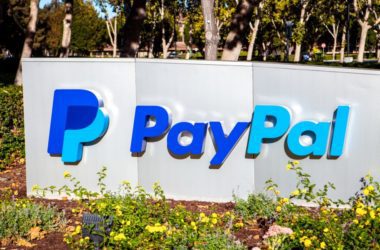Quick take:
- Google is assessing the potential impact of web3 on search engine optimisation.
- The Google Search team assessed various applications of web3 including decentralised IDs, dAPPs, and web3 domains.
- The company says its crawlers face limitations when trying to crawl and index content from web3 domains.
Blockchain technology has been around for about a decade and a half now. Web3 has been around for a lesser time. Yet, it feels like the latter has been here for ages. That’s how fast the buzz about web3 has spread over the past couple of years.
However, those deeply involved in the industry know well that it is still in its early stages of development. That’s why it could take longer before Google’s famous crawlers can begin to crawl web3 products without limitations.
The subject was addressed during the latest episode of “Search Off the Record” podcast, where the Google Search Relations team, comprised of John Mueller, Gary Illyes, and Martin Splitt discussed the potential impact of web3 on search engine optimisation (SEO) practices.
In the podcast, the team provided insights on various applications on web3 including decentralised apps, web3 domains and decentralised identities, and the ramifications they could have on SEO.
Decentralised apps have helped onboard multiple web2-based services like payments and social networking onto web3, while decentralised IDs are enabling people to control the information they share with apps and online platforms, improving security and privacy.
On the other hand, web3 domains, which have been popularised by the Ethereum Domain Names Service (EDNS) and non-fungible token (NFT) domain service provider Unstoppable Domains grant users ownership and control of their own domains.
However, Mueller explained that despite the fact these domains may resemble top-level domains, they lack the recognised structure of traditional domains. As such, it becomes difficult for Google crawlers when they are trying to crawl and index the content.
“Even if you have a browser plugin installed that does something with that made-up top-level domain, Google doesn’t know what it’s trying to do. So, from that point of view, it’s almost like a– I don’t know, vanity name that people are just using and treating it as a domain name. But it’s actually not a real domain name,” Mueller added.
****
Stay up to date:
Subscribe to our newsletter using this link – we won’t spam!





